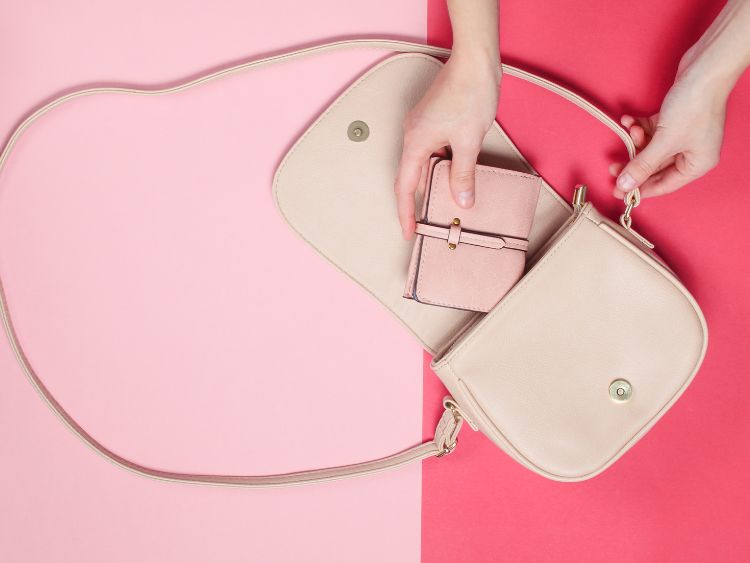The Decade That Dared to Be Different
The roaring 20s fashion wasn’t just about clothing—it was a full-blown cultural statement. Post-World War I optimism fueled a shift toward bold, carefree styles that symbolized rebellion, progress, and a desire to have fun. Gone were the corsets and stiff Victorian garments; in their place came loose, daring outfits that celebrated freedom of movement and self-expression.
But what exactly made the roaring 20s fashion so iconic? Let’s unravel the threads of this dazzling decade!
What Defined Roaring 20s Fashion?
The 1920s was a decade of radical change. For women, it meant shorter hemlines, looser silhouettes, and an explosion of glitz and glam. For men, it was about embracing sharp, tailored suits with a touch of flair. Here’s what set roaring 20s fashion apart:
Women’s Fashion in the Roaring 20s
- Flapper Dresses
- Think knee-length, fringed dresses that swayed with every Charleston move. These dresses screamed freedom, replacing restrictive corsets with dropped waistlines and sleeveless designs.
- Sequins, beads, and tassels turned every dress into a party-ready masterpiece.
- Feathered Headbands and Cloche Hats
- Accessories like headbands adorned with feathers or jewels became quintessential for a night out.
- The cloche hat, a snug-fitting design, became a daytime staple, framing short, bobbed hairstyles perfectly.
- Bold Jewelry
- Long pearl necklaces, oversized brooches, and art deco-inspired earrings complemented the glitzy outfits.
- Sheer Stockings and Heels
- Women paired their shorter dresses with sheer stockings, often in nude or pastel tones, and T-strap heels.
Men’s Fashion in the Roaring 20s
- Three-Piece Suits
- Men wore suits with wide lapels, padded shoulders, and high-waisted trousers.
- Fabrics like tweed and pinstripes added personality to their outfits.
- The Gatsby Look
- Inspired by F. Scott Fitzgerald’s The Great Gatsby, this style combined tuxedos with bow ties, pocket squares, and patent leather shoes.
- Accessories Galore
- Newsboy caps, suspenders, and pocket watches gave every outfit a polished finish.
The Influence of Jazz Culture on 1920s Fashion
The jazz age wasn’t just about music—it set the rhythm for roaring 20s fashion too. The free-spirited energy of jazz influenced every detail, from the way people dressed to how they danced. Here’s how jazz shaped the style:
- Movement-Friendly Clothing: Flapper dresses were designed to move with the body, perfect for lively dances like the Charleston.
- Vibrant Colors and Patterns: Bold hues like emerald green, royal blue, and gold were common, often paired with geometric art deco patterns.
Breaking Societal Norms: Women’s Liberation Through Fashion
The roaring 20s fashion marked a seismic shift in women’s roles and rights. After gaining the right to vote in 1920, women embraced newfound freedoms in every aspect of life, including their wardrobes. Here’s how:
- Shorter Hemlines: Dresses above the knee were scandalous at the time but symbolized a break from traditional norms.
- Trousers for Women: Inspired by stars like Marlene Dietrich, some daring women started wearing trousers, paving the way for modern androgynous fashion.
- The Bob Haircut: Short hair became a feminist statement, signaling independence and a break from the past.
Roaring 20s Fashion: A Global Phenomenon
The roaring 20s weren’t just an American affair. The influence of this daring fashion spread globally:
- Paris: Designers like Coco Chanel revolutionized women’s fashion with her elegant yet practical designs, including the iconic “little black dress.”
- London: Savile Row tailors set the standard for men’s suits, incorporating roaring 20s trends into their classic designs.
- Shanghai: The qipao, a traditional Chinese dress, adopted elements of 20s fashion, including shorter hemlines and intricate embellishments.
How Did the Great Depression Impact Roaring 20s Fashion?
Unfortunately, the glitz and glamour of the roaring 20s came to an abrupt halt with the Great Depression in 1929. Extravagant fashion was replaced with more practical, subdued styles as people tightened their belts. However, the spirit of the roaring 20s lived on in Hollywood movies, keeping the memory of this iconic decade alive.
Why Is Roaring 20s Fashion Still Relevant Today?
Decades later, roaring 20s fashion continues to inspire modern designers. Here’s why:
- Timeless Silhouettes: The clean lines and elegant embellishments of 20s fashion remain stylish.
- Art Deco Influence: Geometric patterns from the 20s are still a favorite in fashion, jewelry, and even architecture.
- Vintage Revival: Every so often, roaring 20s themes resurface in films, parties, and runway shows.
Styling Tips: Bring Roaring 20s Fashion to Life
Want to channel your inner flapper or Gatsby? Here are some easy ways to incorporate roaring 20s fashion into your modern wardrobe:
- For Women:
- Pair a sequined top with wide-leg trousers.
- Add a feathered headband or a pearl necklace for instant 20s glam.
- For Men:
- Wear a double-breasted blazer with a pocket square.
- Top it off with a newsboy cap or a bowler hat.
FAQs
What were flapper dresses made of?
Flapper dresses were typically made from lightweight fabrics like silk, chiffon, or rayon, making them perfect for dancing the night away.
Did men in the 1920s wear casual clothes?
Yes! While formalwear dominated, casual options like sweaters, knickerbockers, and flat caps were popular for leisure activities.
Why was the roaring 20s called the jazz age?
The 1920s earned this nickname due to the popularity of jazz music, which influenced everything from dance to fashion trends.
Are roaring 20s fashion trends coming back?
Absolutely! Vintage-inspired fashion often revisits the roaring 20s, particularly for themed events or party wear.
Conclusion: A Decade of Daring Style
The roaring 20s fashion was more than a trend—it was a revolution. It reflected the bold spirit of an era that celebrated freedom, individuality, and creativity. From the iconic flapper dresses to tailored suits, this decade left an indelible mark on the fashion world, proving that style truly knows no time limits.
Authoritative Links
- Fashion History Timeline: https://fashionhistory.fitnyc.edu
- The Metropolitan Museum of Art: https://www.metmuseum.org
- History Extra: https://www.historyextra.com
